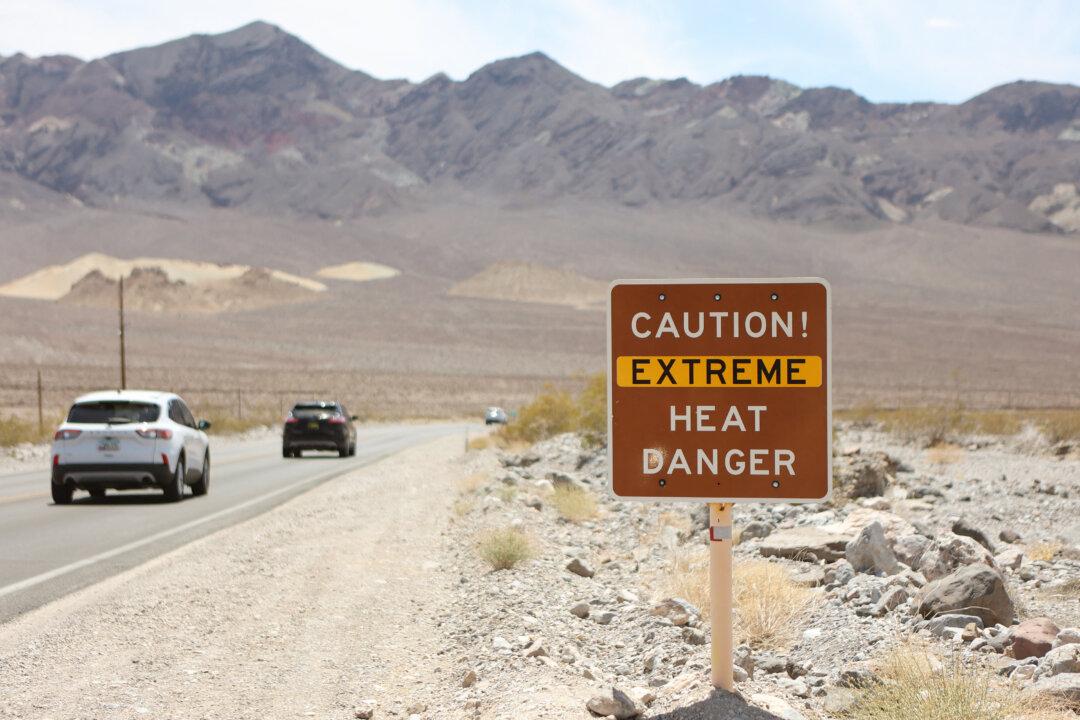News Analysis
An alarming message is being circulated widely: Because of human beings, July 2023 was the hottest month not just since modern record keeping began, but also likely since as far back as 125,000 years ago.

An alarming message is being circulated widely: Because of human beings, July 2023 was the hottest month not just since modern record keeping began, but also likely since as far back as 125,000 years ago.